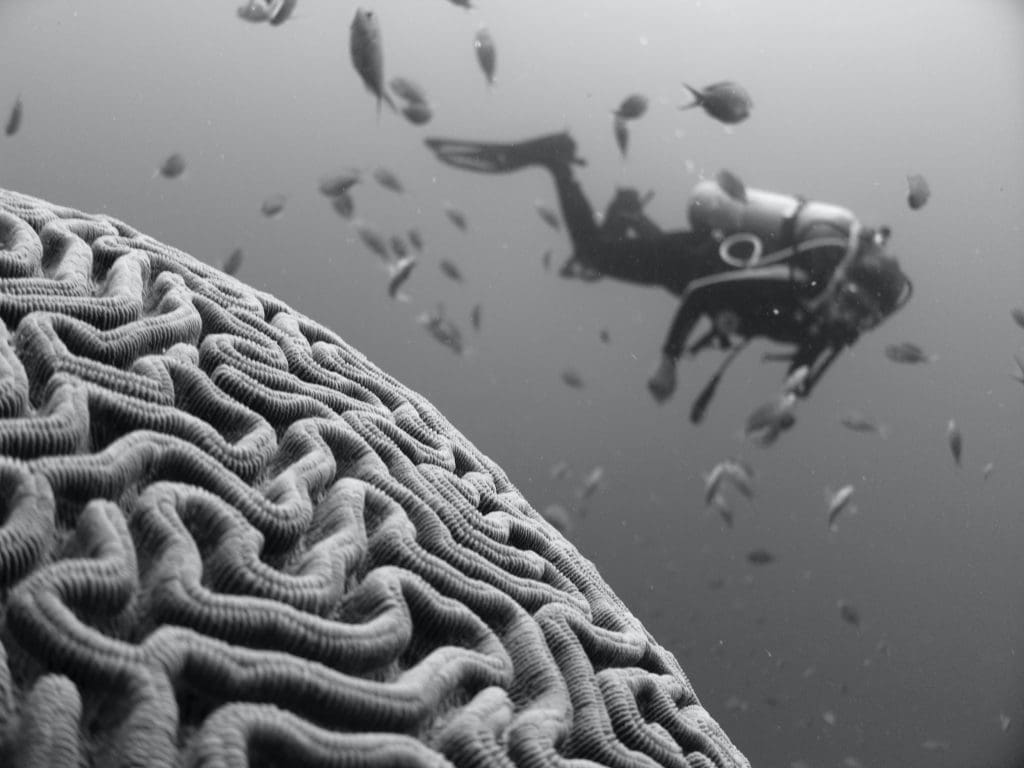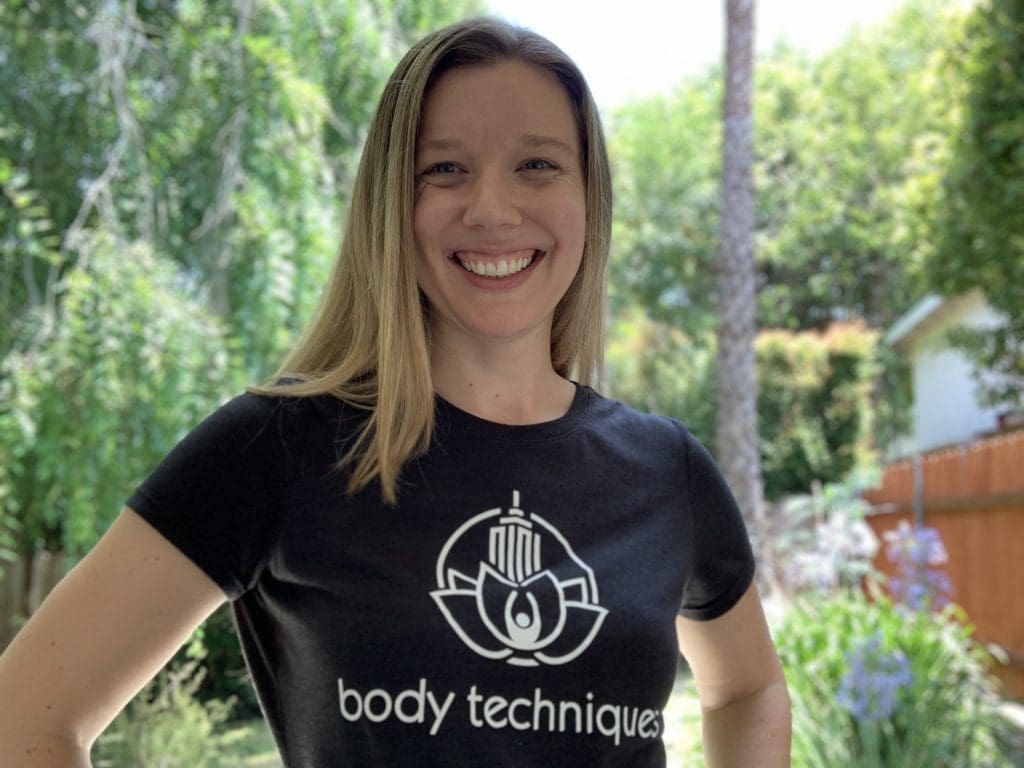At Body Techniques, we understand the powerful impact a daily mindfulness and meditation practice can have on a person. When we engage in breathwork, body awareness, and focusing on the present moment without judgment, science has shown we can reap benefits in all aspects of our lives, which we call the “4 P’s”:
The 4 P's
- Physical Self
- Psychological Self
- Personal Life
- Professional Life
Don’t just take our word for it, though. This next series of blogs from BT will explore how regular meditation can benefit these areas of your life, with the science to back it up.
First up, the Physical Self.
Lowers Stress + Cortisol Levels
Some things are universally shared across the human experience. One of those is stress. Most of us are searching for ways to manage it, and in the meantime, we suffer negative side effects in our physical body, from slight discomfort to debilitating disease. So what happens in the body that causes these issues? The answer lies with cortisol: our main stress hormone (read more about it here). Cortisol is released in higher doses when we face stress, and it plays an important role in many bodily functions such as sleep, inflammation, blood pressure, and glucose levels. Releasing high levels of cortisol during a stressful event or in the face of danger was and is crucial for our survival.

Let’s rewind to when all humans were living off the land and did not have the modern shelter, tools and resources we now have. When faced with stress and danger back then, let’s say a charging bear in the woods, our nervous system entered into “fight or flight” mode, and the higher levels of cortisol adjusted functions in the body to prioritize those that help us “fight” or “flight” (run away).
Fast-forward to now, when most people in modern society aren’t facing that level of danger, such as a charging bear, on a daily basis. Although that pressing deadline at work isn’t the same as a life-threatening encounter in the woods, our nervous system does not realize that, and the reaction is similar. So you can imagine the detrimental side effects in our physical body when our important functions like sleep are constantly being halted or altered during stressful times. Because of this, higher levels of cortisol have been definitively linked to headaches, anxiety, depression, heart disease, and the list goes on.
But, have no fear! Like Gandalf at the Battle of Helm’s Deep, meditation comes rushing in to save us from that modern-day charging bear when all hope seems lost. Mindfulness meditation has been shown to lower cortisol and overall stress levels. When we meditate consistently, our nervous system does not enter “fight or flight” mode as often, less cortisol is released, and our bodies can return to performing those important and vital functions that keep us healthy and happy.

Boosts immune function
Having a robust immune system has always been crucial, but in 2020, it feels more important than ever. When our immune system is functioning at its best, we can fight off infections and disease with ease, allowing us to spend our time and energy on the things that matter most, like catching up with loved ones and nailing that tricky presentation to the boss.
One systematic review of 20 studies conducted on the link between regular meditation and the immune system found mall but meaningful effects including:
- Reducing inflammatory processes
- Increasing cell defense
- Increases in enzyme activity that guard against cell aging
Working mindfulness and meditation into your routine is a relaxing way to help you keep showing up healthy and feeling your best at work, at home, and everywhere in between.
Changes to the Brain

Perhaps the most incredible benefit of a consistent meditation practice is that you can actually change your brain on a cellular level. Its almost too good to be true, but science has shown us, this is very real. It’s important to stress here that these long-term changes require a consistent and daily meditation practice, usually at least 20 minutes a day for 8 weeks.
Think of it like exercise for your body, but this time it’s for your brain. For example, going on just one run is going to yield positive benefits, such as decreased stress levels, improved mood, and increased focus. However, if you want to visibly see those thighs tone up and witness your average mile time improve, you are going to need do more than just the one run. That is not to discourage us, we will still reap benefits from the one occasional run or meditation session. It just means to get those long-term lasting changes, we need to put in the time.
So what are these changes exactly? With modern brain imaging technology, studies like this one have been able to demonstrate increased cell volume and density in areas of the brain associated with:
- Learning and memory
- Emotional regulation
- Rational decision-making
- Perspective taking
- Self-referential processing
These areas actually thicken in the brain, which in turn strengthens these functions.
Interestingly, studies such as this one also show that one area of our brain shrinks with regular meditation. This might sound like it’s bad, but I assure you it’s not. That is because the area that shrinks is called the amygdala, which regulates our “fight or flight” mode, including stress, anxiety, and fear. When the amygdala shrinks, we become less reactive to the stressors we face and we are able to respond in a more calm and centered manner.
Lastly, meditation has been shown to protect the brain against aging by increasing gray matter (brain cells) as we discussed above, and it also slows down age-related atrophy. This study found that “at age 50, brains of meditators were estimated to be 7.5 years younger than those of controls.” Wow, it’s not often we can truly reverse the natural aging of our body, but meditation gives us that power, at least in our brain.
Start Your Journey Today
The science is in, and it‘s clear that building a regular meditation practice into your life is a no-brainer. Not sure where to start? Check out our guided 4-7-8 Breathing Video Tutorial for a simple and short introduction to breathwork. You can use breathing techniques like this to relax and ground yourself into the present moment, and that’s what mindfulness and meditation are all about. Stay tuned for the next 3 blogs in our series, where we will explore the benefits of meditation in our psychological self, professional life, and personal life.

Written by: Rebecca Kurdziolek
Corporate Site Director
Body Techniques




